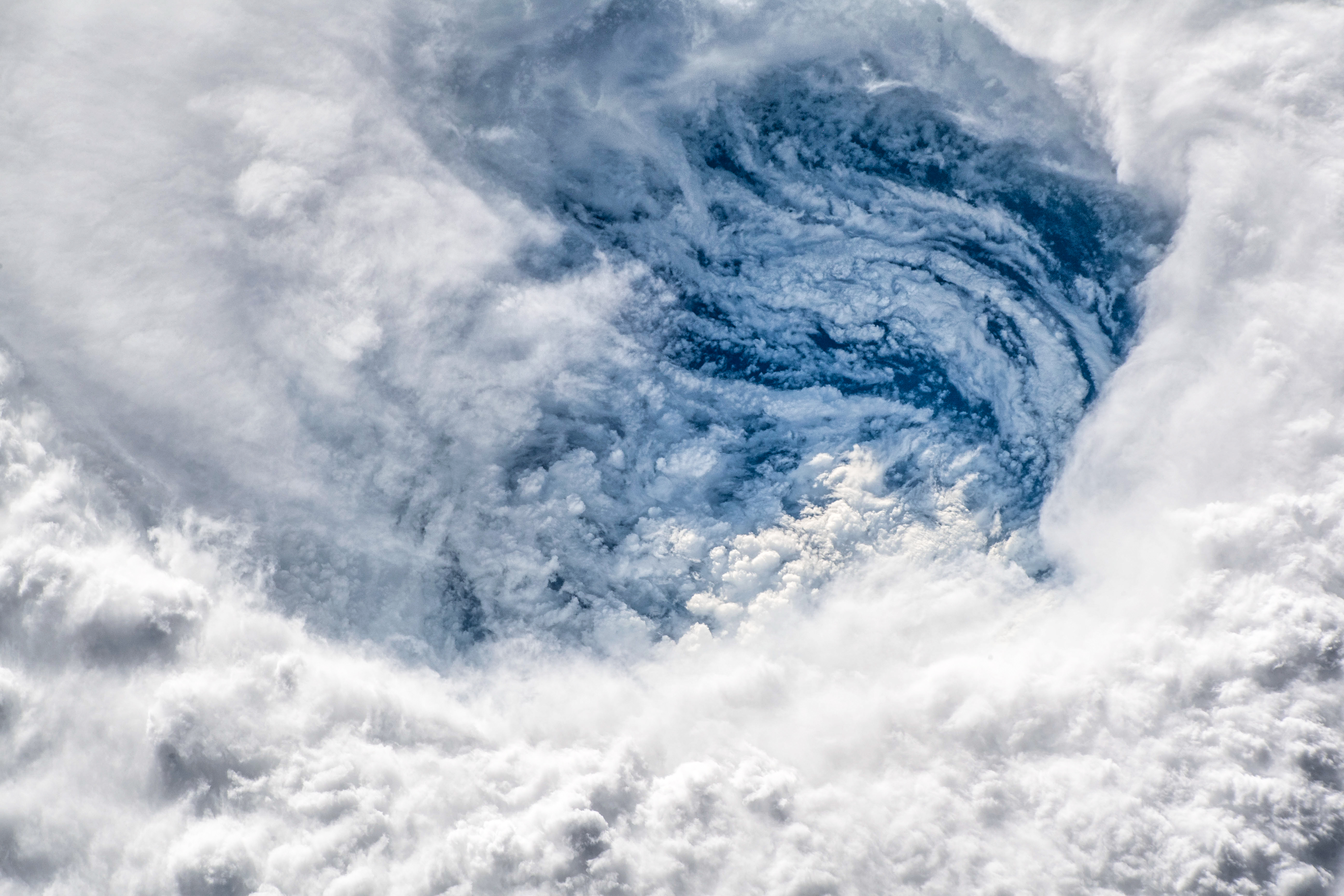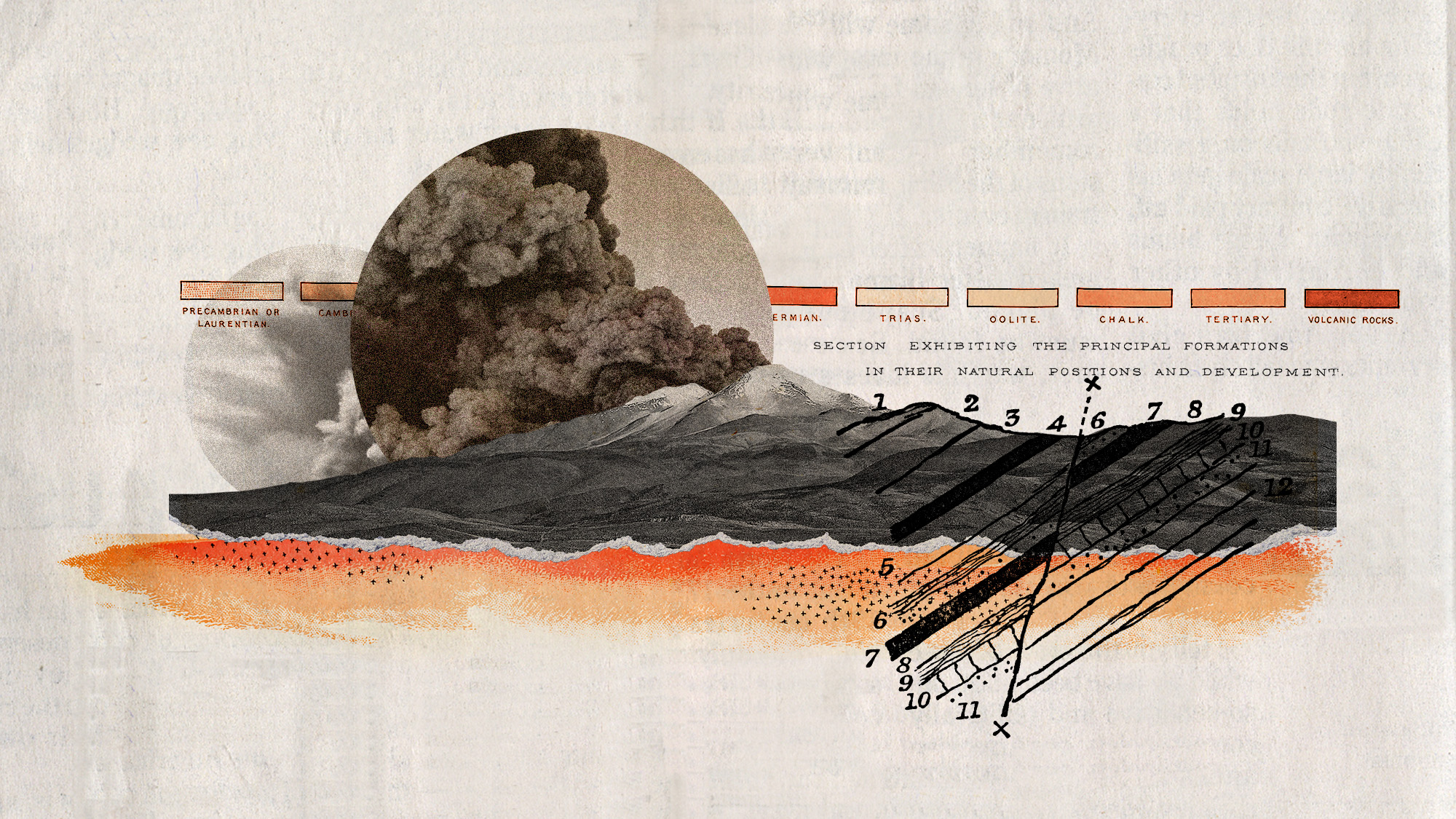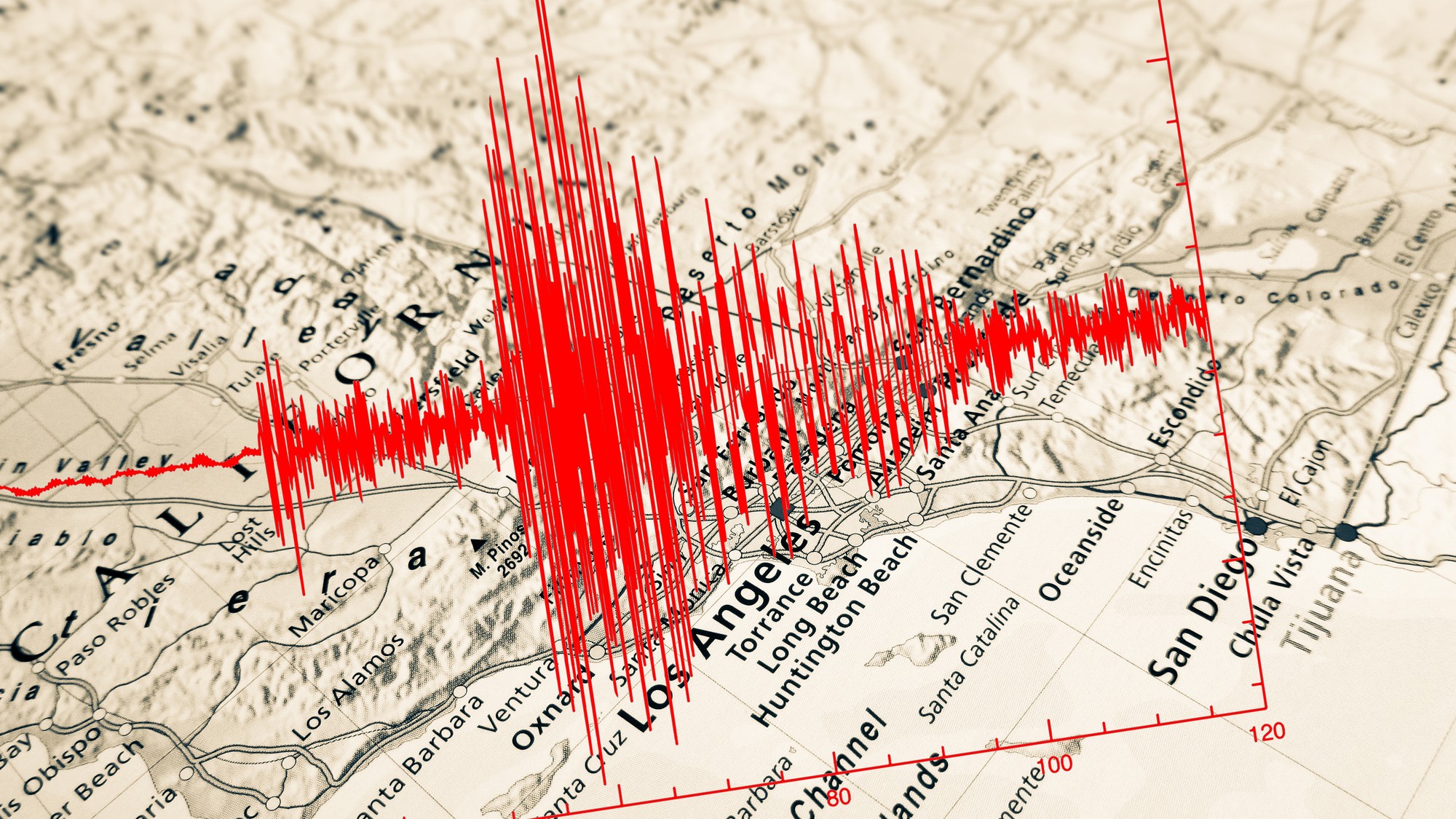Hurricanes are only going to get worse
If you thought it was bad now ...


A free daily email with the biggest news stories of the day – and the best features from TheWeek.com
You are now subscribed
Your newsletter sign-up was successful
Natural disasters have been steadily worsening due to climate change, and hurricanes are no exception. In addition to higher frequency and intensity, these storms now also have a wider area of impact. Where could we see increased hurricane damage in the future?
Where is this happening?
New research from First Street Foundation found that the East Coast and Gulf Coast of the U.S. are most at risk of wind damage from hurricanes in the next 30 years. In fact, "13.4 million properties will face tropical cyclone level wind risk that do not currently face such risk," the nonprofit wrote in its report.
Meanwhile, other regions of the country, specifically the mid-Atlantic and Northeast, will likely begin to see much more hurricane damage than before. "Hurricanes are making their way northward. They're making it latitudinally up to places they haven't before," said Matthew Eby, founder and CEO of First Street. "The second thing that comes along with that is they're stronger."
The Week
Escape your echo chamber. Get the facts behind the news, plus analysis from multiple perspectives.

Sign up for The Week's Free Newsletters
From our morning news briefing to a weekly Good News Newsletter, get the best of The Week delivered directly to your inbox.
From our morning news briefing to a weekly Good News Newsletter, get the best of The Week delivered directly to your inbox.
First Street's report predicts that hurricane damage will amount to $19.9 billion in losses in 2053; Florida, already a hurricane hotspot, is expected to account for $14.3 billion of that total. (The state is home to the top 20 cities most likely to be hit with a severe hurricane in 2023.) The storms are also expected to make landfall in more northern locations, instead of southern cities like Miami. "The South Carolina and Georgia border is where you'll see the largest increase in wind speeds over the next 30 years," Eby said. Meanwhile, New York City is predicted to see the largest increase in average annual loss from hurricane damage, CNN reported.
"The risk is shifting. That's what we are trying to impart," said Ed Kearns, chief data officer for First Street. "Risk is most dangerous when you don't know you have it."
Why is this happening?
The issue can be largely attributed to climate change. Oceans are becoming warmer and, in turn, providing fuel for hurricanes. According to the National Oceanic and Atmospheric Administration, the probability of hurricanes in the North Atlantic strengthening to category 3 or higher is now 40 percent, up from 10 percent in the 1980s. "The odds of it being a major hurricane when it makes landfall are almost 50-50 now," Eby told CNN.
How will this affect society?
For one thing, many of the regions growing in susceptibility to hurricanes are ill-equipped to handle storms with winds of 100 mph or more. Indeed, "in Miami, 100 mph wind is serious but not devastating because they're used to it," said Kerry Emanuel, who created the hurricane models used in First Street's report.
A free daily email with the biggest news stories of the day – and the best features from TheWeek.com
Meanwhile, communities of color are being disproportionately impacted. Over 40 percent of the Black population in the U.S. lives in areas deemed at risk for hurricane wind damage, and that number is expected to increase to 55 percent in 30 years. "Even if the risks are well known, it doesn't mean, unfortunately, that we are going to be well prepared," Emanuel said.
Insurance companies have also failed to account for the problem, even as people are moving to counties "categorized as high risk for hurricane-force winds at six times the rate of other counties," per The Washington Post. "The estimates of risk they use to price properties and premiums are 50 years out of date, and the climate has changed enough to make their data useless," according to Emanuel. This is especially true in some of the northern and inland regions that have historically avoided severe hurricanes.
"Compared to the historic location and severity of tropical cyclones, this next generation of hurricane strength will bring unavoidable financial impacts and devastation that have not yet been priced into the market," Eby remarked, adding that this new report is ushering in "a new era in the understanding of the physical impacts of climate change."
Devika Rao has worked as a staff writer at The Week since 2022, covering science, the environment, climate and business. She previously worked as a policy associate for a nonprofit organization advocating for environmental action from a business perspective.
-
 The ‘ravenous’ demand for Cornish minerals
The ‘ravenous’ demand for Cornish mineralsUnder the Radar Growing need for critical minerals to power tech has intensified ‘appetite’ for lithium, which could be a ‘huge boon’ for local economy
-
 Why are election experts taking Trump’s midterm threats seriously?
Why are election experts taking Trump’s midterm threats seriously?IN THE SPOTLIGHT As the president muses about polling place deployments and a centralized electoral system aimed at one-party control, lawmakers are taking this administration at its word
-
 ‘Restaurateurs have become millionaires’
‘Restaurateurs have become millionaires’Instant Opinion Opinion, comment and editorials of the day
-
 How climate change is affecting Christmas
How climate change is affecting ChristmasThe Explainer There may be a slim chance of future white Christmases
-
 Why scientists are attempting nuclear fusion
Why scientists are attempting nuclear fusionThe Explainer Harnessing the reaction that powers the stars could offer a potentially unlimited source of carbon-free energy, and the race is hotting up
-
 Canyons under the Antarctic have deep impacts
Canyons under the Antarctic have deep impactsUnder the radar Submarine canyons could be affecting the climate more than previously thought
-
 NASA is moving away from tracking climate change
NASA is moving away from tracking climate changeThe Explainer Climate missions could be going dark
-
 What would happen to Earth if humans went extinct?
What would happen to Earth if humans went extinct?The Explainer Human extinction could potentially give rise to new species and climates
-
 Bacteria can turn plastic waste into a painkiller
Bacteria can turn plastic waste into a painkillerUnder the radar The process could be a solution to plastic pollution
-
 A zombie volcano is coming back to life, but there is no need to worry just yet
A zombie volcano is coming back to life, but there is no need to worry just yetUnder the radar Uturuncu's seismic activity is the result of a hydrothermal system
-
 The lesser-known Elsinore fault is a risk to California
The lesser-known Elsinore fault is a risk to CaliforniaThe Explainer A powerful earthquake could be on the horizon
